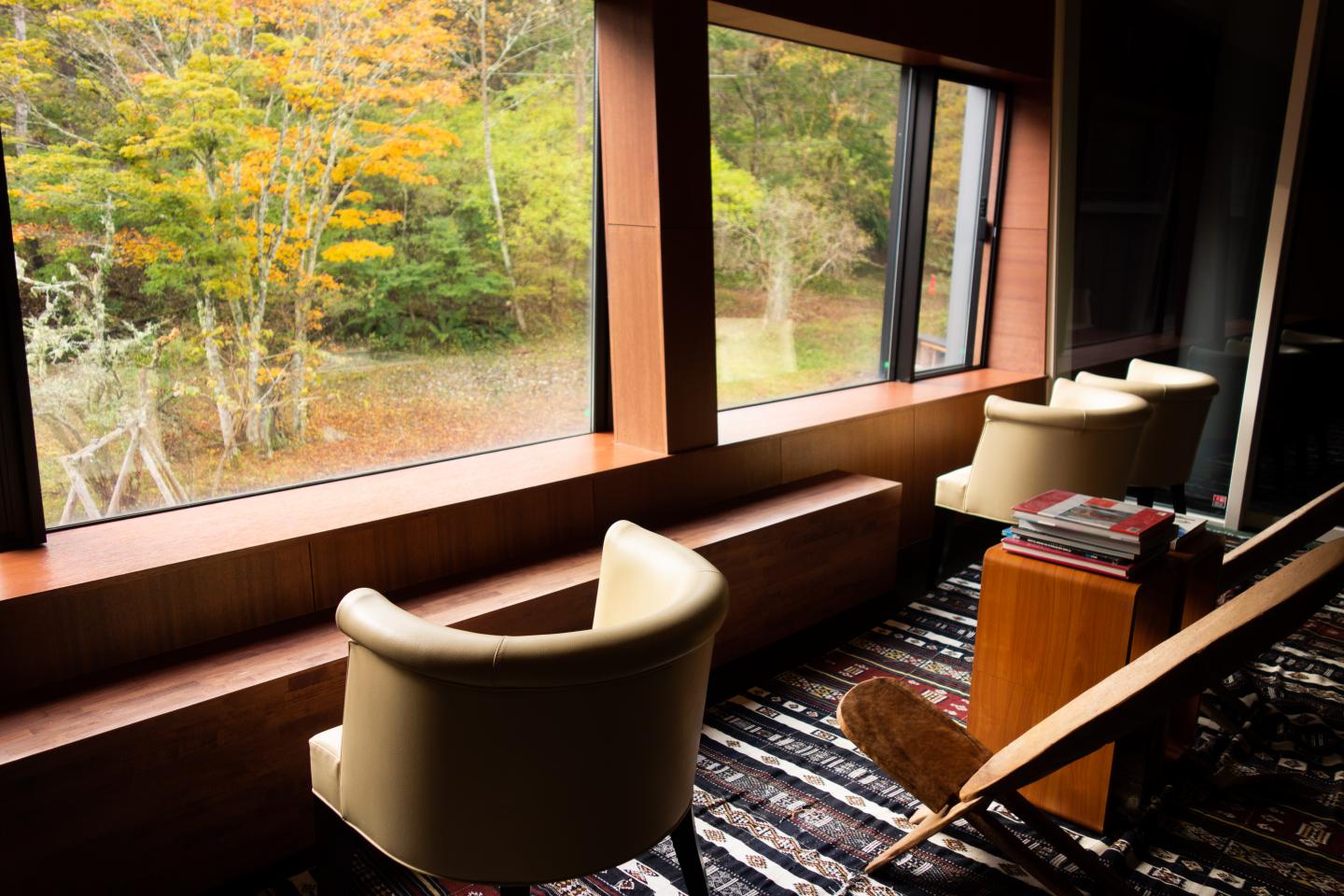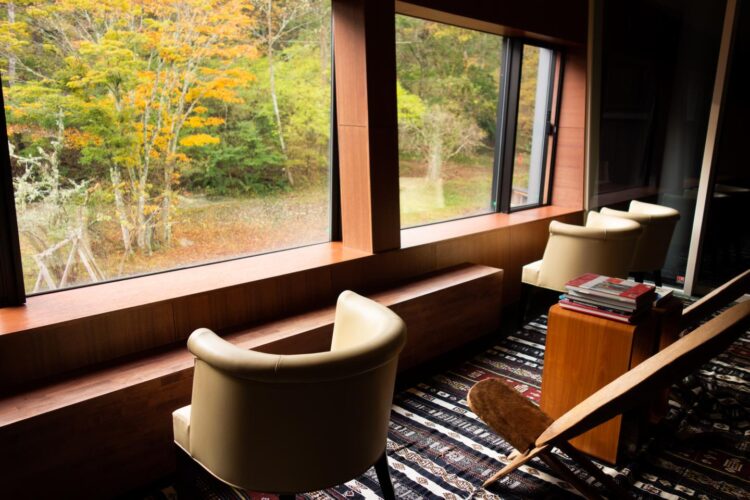
Credit: Dr. Soga
The COVID-19 pandemic and the global response to it have changed many of the interactions that humans have with nature, in both positive and negative ways. A perspective article published in People and Nature considers these changes, discusses the potential long-term consequences, and provides recommendations for further research.
The authors of the article note that the pandemic constitutes a ‘global natural experiment’ in human-nature interactions that, without seeking to downplay or ignore its tragic consequences, provides a rare opportunity to produce in-depth knowledge about these interactions and to help establish actions that can have positive effects for both humans and nature.
“Although undeniably tragic, the COVID-19 pandemic may offer an invaluable opportunity to explore an appropriate future relationship between people and nature,” said lead author Masashi Soga, PhD, of the University of Tokyo.
###
Media Contact
Wiley Newsroom
[email protected]
Related Journal Article
http://dx.





